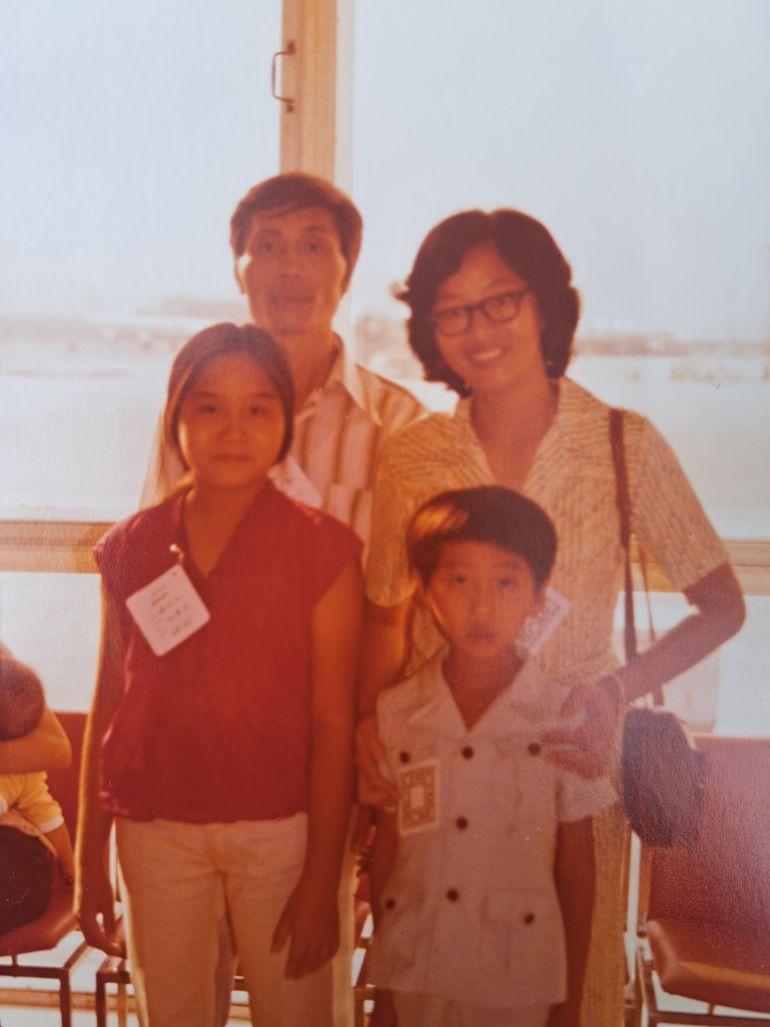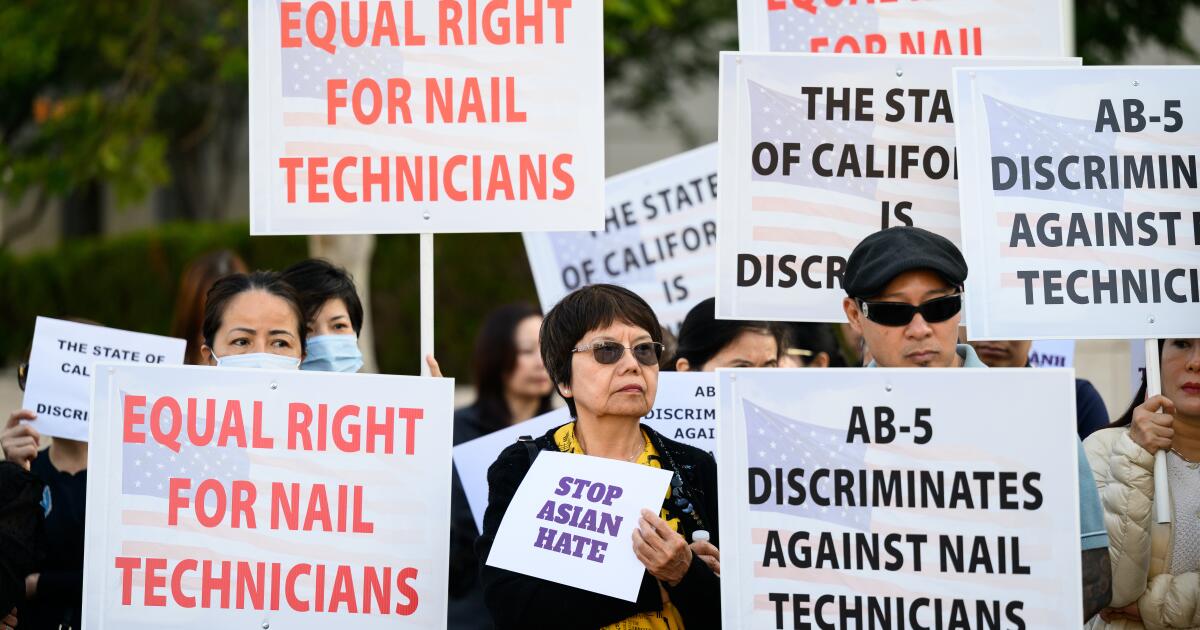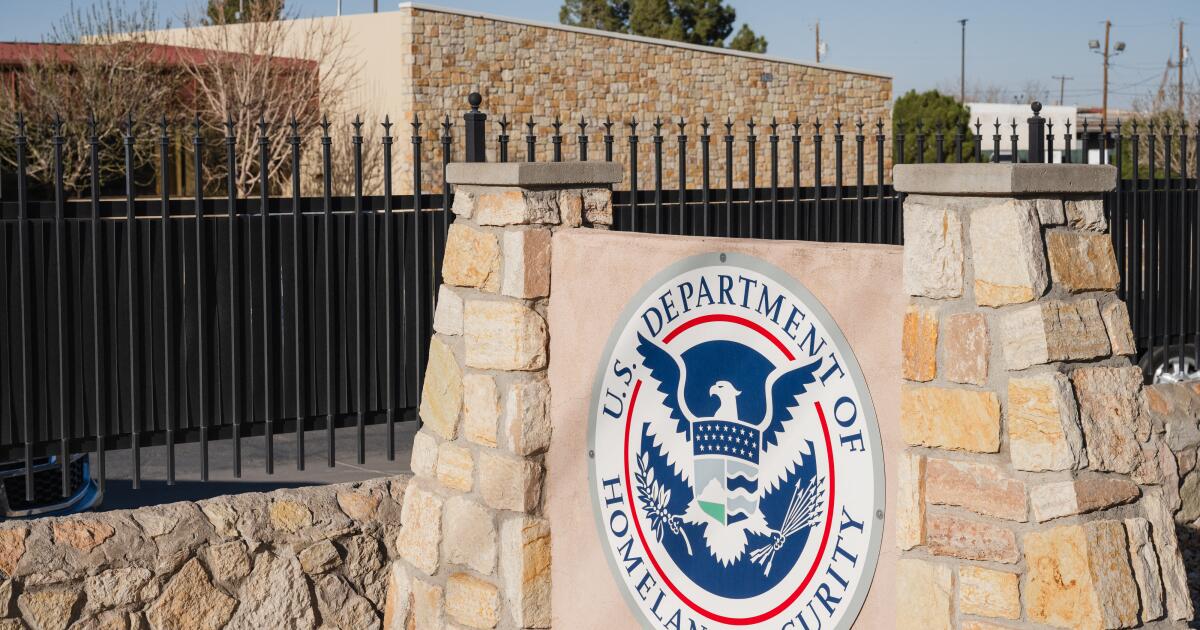‘We are all Vietnamese and came to Germany to build a better life’ | Migration News
Berlin, Germany – In 1979, Kien Nghi Ha lived in Hanoi with his parents, who worked as electricians at a power plant, and his 12-year-old sister in a one-bedroom apartment.
They shared the toilet and an outdoor kitchen area along with their neighbours. One of them, an elderly woman, would sometimes look after Ha, then seven years old, and his sister.
He remembers the cool, smooth tiled floor offering comfort during the blistering summer heat. He would lie on it listening to the lively street noise and occasional sound of a tram beyond a green steel entrance door.
Four years earlier, in 1975, North Vietnamese communist forces had defeated United States-aligned fighters in South Vietnam to take the whole country under a one-party system that remains in power today.
Ha was part of an ethnically Chinese mixed Hoa Kieu minority. Communities like his, especially in the early post-war years, felt vulnerable.
He remembers how children turned away from him after Vietnam invaded Cambodia, then an ally of China at that time in 1978, because of his heritage.
“Some even threw stones at me. This was very shocking, and I didn’t understand at that time what was going on,” he said.

The family decided to leave. His parents sold their valuables and embarked on a dangerous and costly trip by boat to Hong Kong. Despite no guarantees of safety, an estimated two million people would ultimately leave this way.
At that time, those who feared for their future under the new Communist authorities could choose to resettle in one of three countries – West Germany, Australia or the United States.
The choice was not available for long. When his uncle left Vietnam just three months later, people were only allowed to migrate to the US.
Ha’s parents opted for West Germany as they believed it offered a better work-life balance than the US.
The fractures in Vietnam mirrored divisions in Germany, with North Vietnam backed by the USSR-aligned East Germany, officially known as the German Democratic Republic (GDR), and the capitalist West Germany supporting South Vietnam.
After arriving in Hong Kong, the family travelled by plane to Frankfurt and then on to Tegel airport in West Berlin, where journalists were waiting, eager to document the country welcoming so-called “boat people”.
“I don’t recall much from the arrival, but I do remember many journalists there wanting to take pictures of us,” Ha said.
The family were provided an apartment within a social housing complex where thousands of people lived near the Berlin Wall on the west side. His father became a transport worker, while his mother was a cleaner in a children’s nursery.
Compared with other social housing at the time, Ha says, the flat was in good condition, with central heating and individual toilets.
But the transition was not easy. Ha felt isolated as one of the only children from a minority background in his primary school.
A different path
Within months of the war’s end, Vietnam signed diplomatic relations with the GDR, paving a different kind of path for Huong Mai to fly overseas a few years later.
At 21, she left Hanoi for Moscow and then travelled to Schonefeld airport in East Berlin. She was among the first groups of contract workers and was soon employed at a factory that made drinking glasses.
Now aged 64, Mai has a 27-year-old son and runs a textile shop in the town where she has lived since she arrived in the GDR.
On April 30, Vietnam marked 50 years since the end of the war. For the large Vietnamese-German diaspora, who arrived as refugees and contract workers, this year’s milestones have stirred a sense of reflection.
Mai said she felt joy on the anniversary.
“My father resisted against the French colonialists, and then my older brother fought against the Americans. So, for me, the end of this war is very meaningful because of the blood that was shed by my family in all of these wars,” she said.
Her brother followed in her footsteps, arriving in Germany in the 1990s alone. His family joined him two decades later, in 2009.
His daughter, 26-year-old Dieu Ly Hoang, now lives in Prenzlauer Berg, which is coincidentally the same neighbourhood as Ha. It is a sought-after area of the German capital, formerly in the GDR, now home to cosy cafes, posh restaurants, yoga studios and affluent expatriate families where English is heard on the streets more often than German.
“It’s been a very important aspect for me to see what my family went through, and how resilient they have been. I know I’m very lucky not to have experienced an evacuation and I can’t imagine what it was like for my grandparents,” Ly said, as she recalled hearing stories about the wartime rations of rice.
“I acknowledge the sacrifices they made to migrate for a better life so that I could be born and live in peace,” said Ly, an art historian.
Ha, now 53 and a father to two sons, is a postdoctoral researcher in the Asian German diaspora at the University of Tubingen and holds a PhD in cultural studies. Friendly, open and knowledgeable of the complex history he is a part of, Ha also said the commemorative events have felt significant.
“There’s an intellectual and cultural discussion going on through which we are trying to make sense of this history and what this history means for us living in the German-Vietnamese diaspora,” he said.
“Questions pop up in private and public conversations, articles, books, and artworks. And knowing more about this history will improve our sense of self in German society, because we are able to discover more about a past that we, the younger generations, didn’t experience on a personal level. This allows us to connect the past with the present.”
An estimated 35,000 refugees arrived in West Germany in 1979, while 70,000 contract workers began to arrive in the GDR in 1980.
When Germany unified in 1990, it brought together, at least physically, two communities.
“In the GDR, people were proud to show international solidarity, and this went hand in hand with hatred of the capitalist West, while the West German government saw the Vietnam War as part of the global struggle against communism,” explained German historian Andreas Margara.
Ly said some of her relatives still mention it when they hear a southern Vietnamese accent.
“They do not become stressed nor do they act differently, but they notice the accent verbally, like ‘Oh, this person is from the south’. They do not go further into details, but I can feel a certain differentiation there because there is this history there. My parents’ generation, including people like war veterans, don’t have the spaces in the diaspora to meet, share their experiences and understand each other more,” she said. “Unified Germany, though, can be a space for more reconciliation.”
She added that her generation has “more chances and spaces for dialogue” as she recalled recently meeting a Vietnamese German art history student and having plenty about which to talk.
Mai agreed that there are not many opportunities in her life to meet southerners, yet she feels no animosity.
“Even though Vietnam has been damaged a lot, we are all Vietnamese and came to Germany to build a better life for ourselves,” she said.


